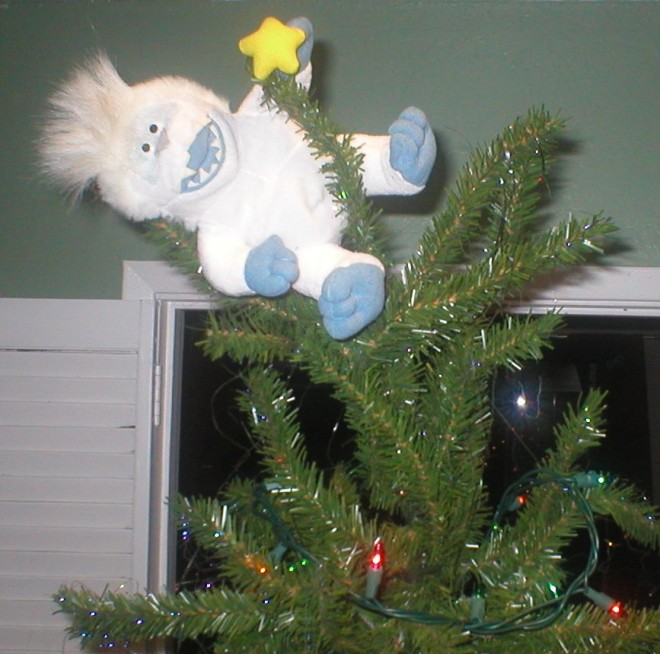That’s the email you get when your pre-order goes live. It
happens at midnight, all around the globe, at a different time in every market
in which your book is being sold. It’s four o’clock right now where I live.
This one was for the UK.
My book has been available in Australia for roughly ten
hours. It will hit here in five or in eight – I don’t know what time zone
Amazon uses in figuring twelve o’clock, here in the United States.
Only five to eight hours. I confess I’m not ready – not
close to ready. Not only because I still have guest blog posts to write, not
only because I have yet to make trailers or even my tweets, not only because I
haven’t yet chosen what sites I am going to use for promotion. I’m simply not
ready to know.
I’m not ready to know whether my book’s going to sell. I’m
not ready to learn whether the months of pre-release preparation will have been
worth it or a complete waste of my time; I’m not ready to see my book flop,
flounder, or fail, or what is most likely, get lost in the shuffle of millions
of others that no one will find.
It’s a great book, if you don’t mind my saying. Although, as
always, there will probably be some who won’t like it, I expect, in general,
that it will be well-read, well-received, and well-reviewed. That is, if anyone
finds it, if anyone buys it, and if it gets any reviews.
There’s a hollow in the pit of my stomach that visits me
rarely; I have few occasions in my life that prompt this response that most
people call nerves. My body is tired and my brain is exhausted but there’s
still so much to do, so much to prepare, so much to research, so much to write.
I wish that so much of my future wasn’t dependent upon this.
I wish that I could write books and not have to sell them; I wish more than
anything not to have to rely upon selling them. I wish I were sitting on the
beach in Oxnard and that it was warm and that there was sun and that I was
writing a book and not trying to sell one.
If wishes were horses…
… I’d grab hold of the nearest stallion and let him run me
all the way to Utah.
This ought to be fun, I think, not a day filled with dread,
but it’s still better, still better than what tomorrow may bring, or the day
after that, or the following week, or the month after next. Still better than
knowing what I don’t want to know, still better than facing the fact that
countless authors have faced in the opening moments of their potential careers
– that it makes no difference if your work is good, if no one ever reads it.
But I’ve still got my rooftop: I’ve still got my greenhouse;
I’ve still got my sunshine. And if I still have far too many blog posts to
write, that’s all right, too, because at least I am writing. It feels good to
be writing. Not good enough to de-tangle my nerves or de-jiggle my jitters or
fill the hole in my heart where there ought not to be one. But close. Close enough to keep trying.














